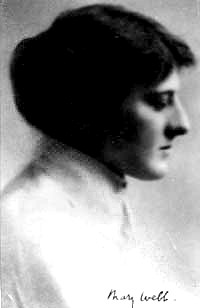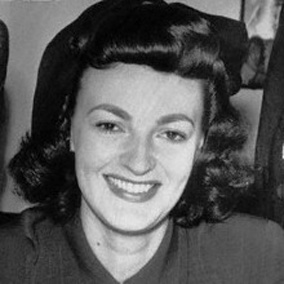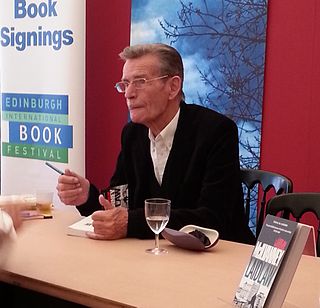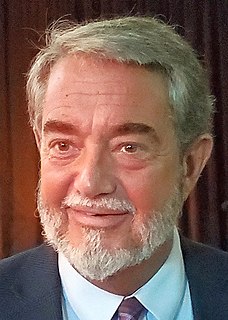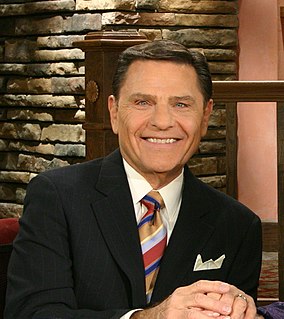A Quote by F. Scott Fitzgerald
He had angered Providence by resisting too many temptations. There was nothing left but heaven, where he would meet only those who, like him, had wasted earth.
Related Quotes
I have always thought that Heaven is a place for people who had had a good life, but that is not true. God is merciful and way too good to make it so. The Heaven is just a place for people who could not be really happy while living on Earth. I was once told that people who commit suicide are taken back on Earth to repeat life from the very beginning because if they did not like it once, it did not mean they would not like it the next time. But those who did not fit in on Earth at all, ended up here. Everyone comes to Heaven in their own way.
[on River Phoenix] I would love to see what kind of choices he would be making now if he was still around, some of the characters that he would have played. I mean, to me he was like a rock star, you know, he had it all: he had the looks, he had a great name, he had an attitude, an energy, an excitement about him. He was instinctively like a, he was a rebel, you know? He was kind of Bob Dylan to me, at times, and he had a lot to say. And I've never seen too many interviews by him, but the ones that I saw were pretty electric, pretty... he was switched on, definitely.
They had stopped now and he gave a glance up at the sky, through the trees, as though to see how much time was left. Amber, watching him, was suddenly struck with panic. Now he was going--out again into that great world with its bustle and noise and excitement--and she must stay here. She had a terrible new feeling of loneliness, as if she stood in some solitary corner at a party where she was the only stranger. Those places he had seen, she would never see; those fine things he had done, she would never do. But worst of all she would never see him again.
Four experts had an appointment with an ordinary man. They needed him to ratify their findings, or anything they achieved would be meaningless. As they drove to meet him, they knocked down a man on the road. He was dying. If they tried to save him, they might miss their appointment. They decided that their appointment, which concerned all of us, was more important than the life of one man. They drove on to keep their appointment. They did not know that the man they were to meet was the man they had left to die.
I certainly felt I had an idea of World War II, and it's probably the idea that many people share: there was this insane aggressor, and there was really only one way to proceed in resisting him. What I didn't realize is that there were many voices belonging to reasonable, interesting, complicated people who had a different way of interpreting the possible responses to the Hitlerian menace.
Emile Saint-Blague had been a lively, versatile painter in his youth, but he had abused his energy by painting too many pictures; so that in what might have been the ripe period of his art he had nothing left but ideas. A man who has nothing left but ideas may be of great service to his friends, but he is of no use at all to himself. Emile was certainly an inspiration to his friends.
Both Christian and Adrian had worried there would be some piece of Strigoi left in him, but their fears had been about violence and bloodshed. No one would have guessed this: that living as a Strigoi had hardened his heart, killing any chance of him loving anyone. Killing any chance of him loving me. And I was pretty sure that if that was the case, then part of me would die too.
The Bible says that God gave this earth to the sons of men ... and when [Adam] turned and gave that dominion to Satan, look where it left God. If left Him on the outside looking in ... He had no legal right to do anything about it, did He? ... He had injected Himself illegally into the earth -- what Satan had intended for Him to do was to fall for it -- pull off an illegal act and turn the light off in God, and subordinate God to himself ... He intended to get God into such a trap that He couldn't get out.
When Luke had descended into the River Styx, he would've had to focus on something important that would hold him to his mortal life. Otherwise he would've dissolved. I had seen Annabeth, and I had a feeling he had too. He had pictured that scene Hestia showed me—of himself in the good old days with Thalia and Annabeth, when he promised they would be a family. Hurting Annabeth in battle had shocked him into remembering that promise. It had allowed his mortal conscience to take over again, and defeat Kronos. His weak spot—his Achilles heel—had saved us all
It is what is left to him," said Will. "Do you not recall what he says to Lucie? 'If it had been possible... that you could have returned the love of the man you see before yourself- flung away, wasted, drunken, poor creature of misure as you know him to be- he would have been conscious this day and hour, in spite of his happiness, that he would bring you misery, bring you to sorrow and repetance, blight you, disgrace you, pull you down with him




